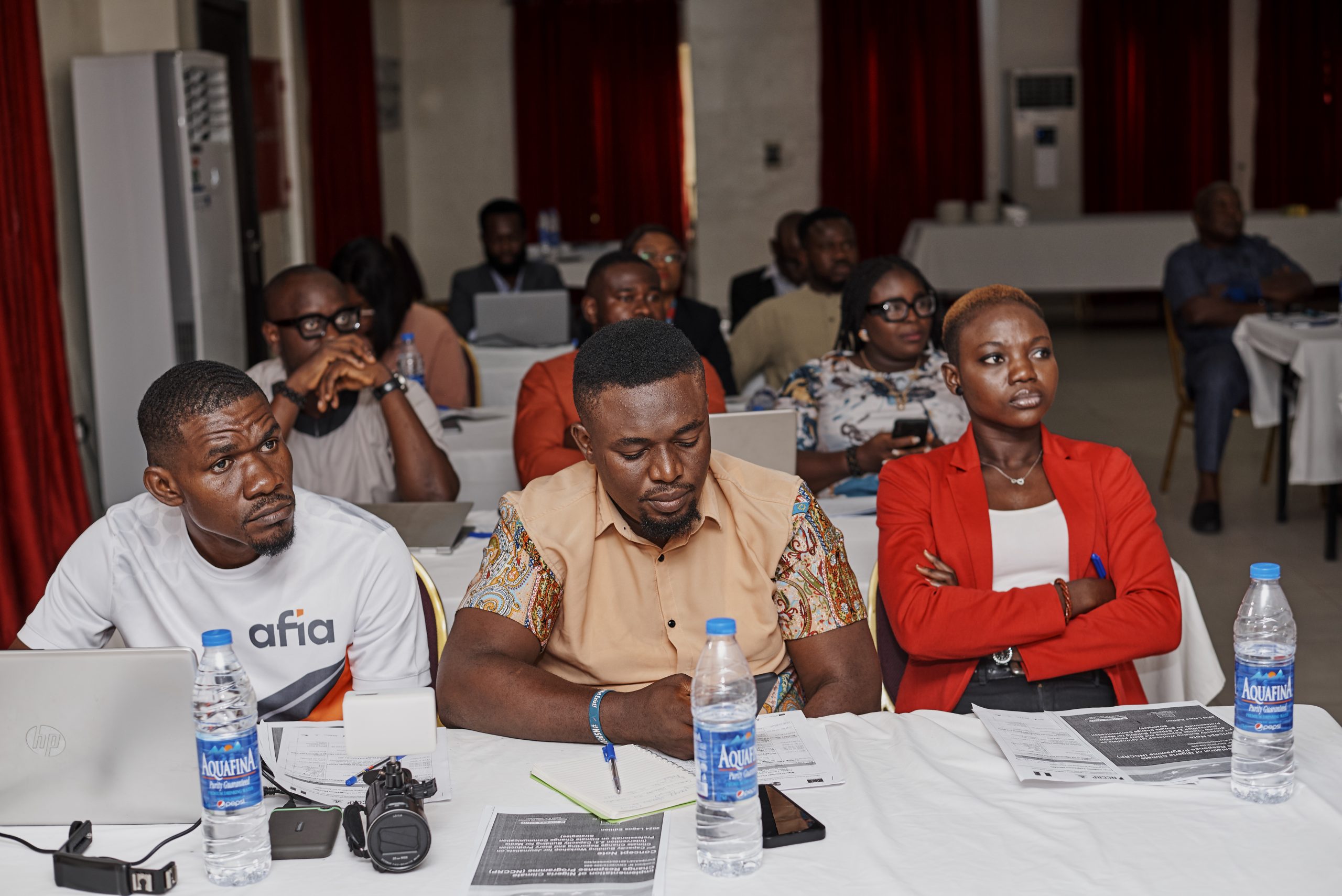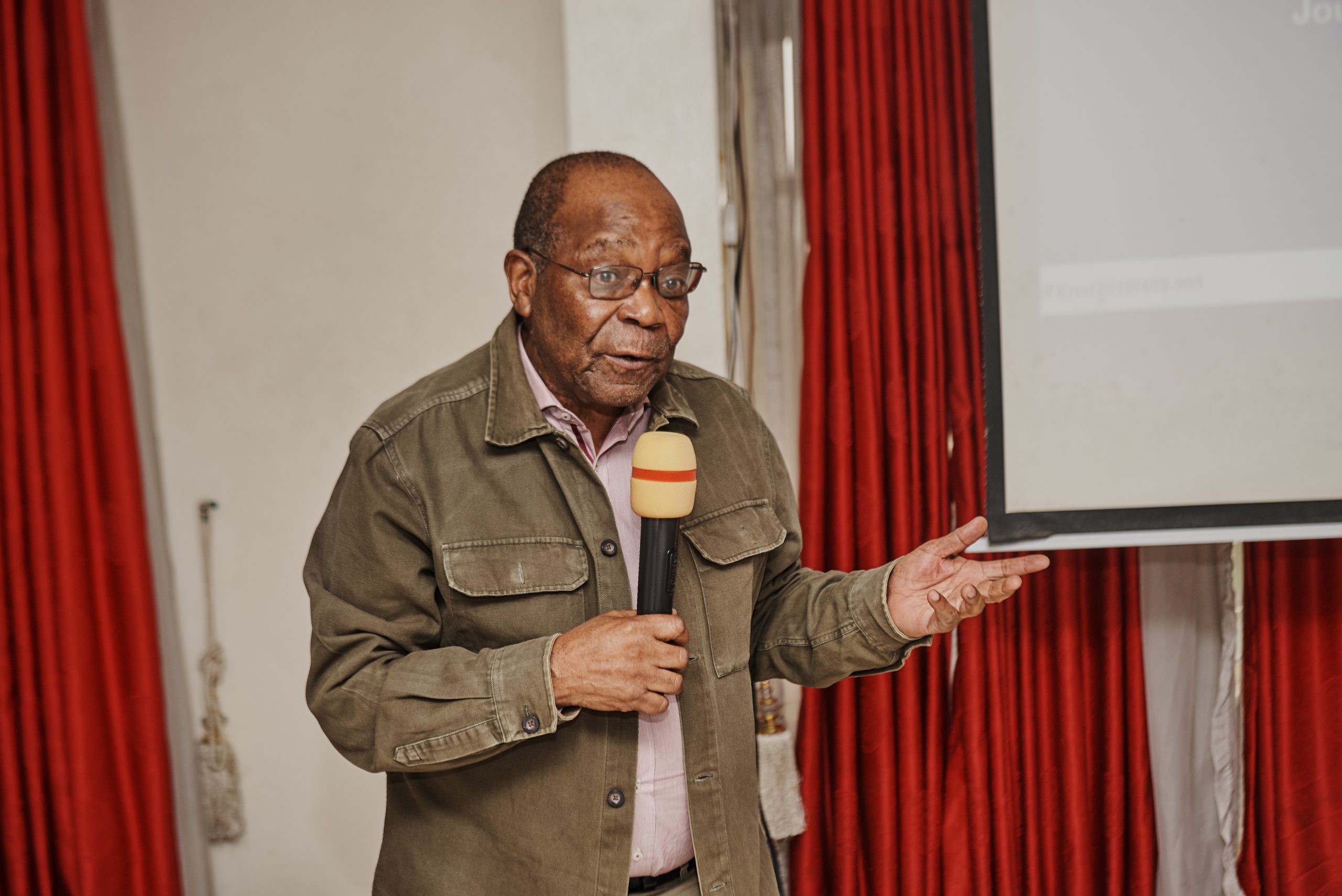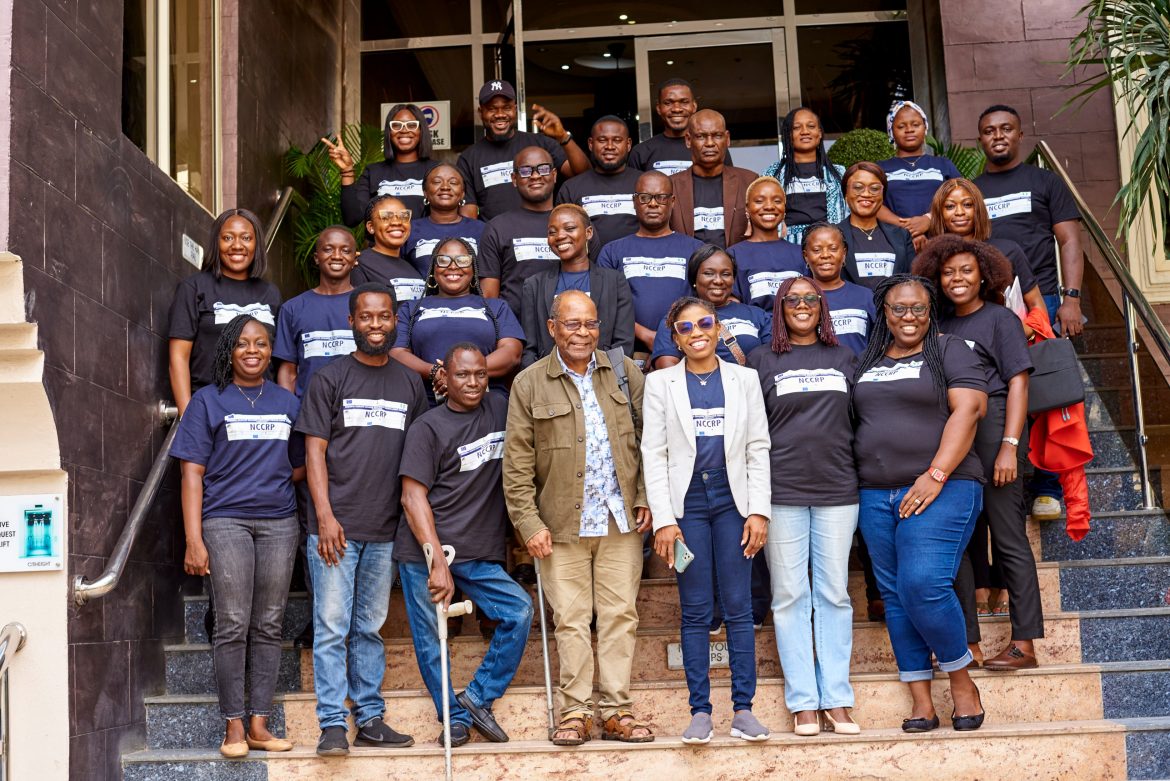Following the ratification of the 2015 Paris Agreement in March 2017, the Nigerian government committed itself to reduce its greenhouse gas emissions by 47%- contingent on international support- in 2030 in line with its Nationally Determined Contribution (NDC) under the United Nations Framework Convention on Climate Change (UNFCCC).
Over the years, Nigeria, like other countries across the world, has borne the brunt of climate change which has claimed lives, displaced households and threatened the health and livelihoods of the people. This has come in the form of rising temperature, flooding and erosion, rising sea levels and desertification.
In 2022, when the West African country experienced the worst flooding in a decade, over 4 million people were affected across 34 of the 36 states of the federation and the Federal Capital Territory. More than 2 million people were displaced and 600 fatalities were reported with 676,000 hectares of farmland damaged.
To help the country meet its NDC pledge, the European Union, under its Global Public Goods and Challenges Thematic Programmes, is funding the Nigerian Climate Change Response Programme (NCCRP)- a four-year technical assistance support programme.
The programme is also expected to contribute to the creation of Nigeria’s GHG emission profile to pinpoint mitigation actions reducing energy use and costs in favour of renewable energy and energy efficiency solutions. This will be mainly achieved through the creation of sectoral Measurement, Reporting and verification (MRV).
One of the tasks under the programme is building the capacity of journalists to disseminate climate change knowledge through awareness-raising campaigns targeting the youth, civil societies, communities and policymakers.

Participating journalists
In line with this, the Department of Climate Change in the Federal Ministry of Environment organised a three-day workshop for journalists from the Southern zones (South-South, South-West and South-East) of Nigeria. A total of 24 journalists participated in the workshop.
The training featured interactive sessions, practical exercises and discussions around relevant topics like leveraging social media for spreading climate change information, the use of data and multimedia for story-telling and gender-based reporting and climate change led Elizabeth Mwaniki, climate change communication and capacity building expert among other speakers.
Speaking during the workshop which was held in Lagos- and the second in the series- Dr Todd Ngara the Team Lead for the NCCRP Technical Assistance Team (NCCRP TAT), said that it was intended to build the capacity of media practitioners on key concepts and issues of climate change for improved quality of climate reporting in Nigeria.
“We are at a crossroads as climate change has continued to threaten our existence on the planet, “he said. “Fighting against it requires the contributions of everyone, including journalists who have a role to play in informing the public about how to mitigate and adapt to the phenomenon,”.
He noted that the training also provides an opportunity to deepen their understanding of the science, policy, and impacts of climate change as well as learn how to effectively communicate complex issues, engage diverse audiences, and drive meaningful change through reporting and storytelling.
In his address, the Permanent Secretary at the Federal Ministry of Environment, Mahmud Adam Kambari said that the urgency of the climate crisis- which continues to threaten our communities, our economies, and our planet’s very existence- requires everyone to take bold and immediate action to mitigate its effects and adapt to the changing climate.
Kambari, who was represented by the Director of the Department of Climate Change, Dr. Iniobong Abiola-Awe said that the power of the media in shaping public perception and driving action on critical issues such as climate change cannot be overstated.

Dr Todd Ngara addressing participants
“As media professionals, you play a vital role in catalyzing climate actions by informing, educating, inspiring, and mobilizing individuals, communities, and nations to take meaningful steps toward a more sustainable and resilient future, “he said.
He urged participants to approach the workshop with an open mind, a willingness to learn, and a commitment to excellence in their work, noting that the knowledge and skills gained will benefit their professional development and contribute to a more informed, engaged, and empowered society equipped to address climate change challenges.
In her closing remark, Abiola-Awe also encouraged participants to continue learning and evolving in their coverage of climate change, seek out diverse perspectives, fact-check rigorously, and communicate solutions-oriented stories that empower individuals and communities to take positive action.
“Remember, the power of storytelling is immense, and your words and visuals have the potential to inspire change, foster understanding, and drive progress on climate action, “she said. “Be bold, be thoughtful, and be relentless in your pursuit of truth and impact,”
